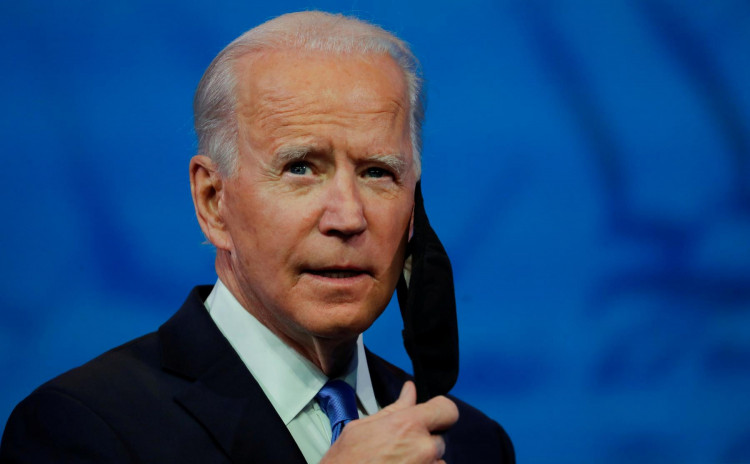Joe Biden's election left the space community asking what's happening next. While Biden is a well-known figure in politics, his thoughts on space and his ambitions for NASA are much less evident after decades in the Senate and eight years as Barack Obama's vice president.
The Biden campaign said absolutely nothing about space during the White House election, other than a few remarks congratulating NASA on the successful launch and return of the Demo-2 commercial crew flight this summer.
"One of the things that I found surprising is that the Biden campaign did not issue a space policy statement," said John Logsdon, founder and former director of George Washington University's Space Policy Institute. "So, we're left with the Democratic Party platform said."
The platform included one paragraph about space, which Logsdon called "very positive," if not without much explanation. In general terms, the platform supported much of what NASA is actually doing, from the advancement of research and technology to the continuing activity of the International Space Station and human space exploration.
Much of the space industry that read the passage took away two big improvements that the Biden administration would follow. The agenda addresses "strengthening" Earth observation projects at both NASA and NOAA "to better understand how climate change is affecting our home planet." This falls with a wider focus on climate change, one of the four goals listed by the incoming Biden administration alongside COVID-19, economic recovery, and racial equality.
On a positive note, on Nov. 10, Biden announced the members of his NASA Transition Team, a crucial step in identifying his administration's space exploration agenda.
Ellen Stofan, who currently heads the Smithsonian's Air and Space Museum, will lead the team. Stofan served as NASA's chief scientist from 2013 to 2016.
The Biden administration is likely to improve Earth science studies. The transition will comply with the Democratic Party's 2020 platform, which vowed to help NASA's "Earth observation missions to better understand how climate change is impacting our home planet."
The Biden administration is likely to push back the lunar landing date for several years - a goal that is consistent with the proposed bill of the House Science Committee that would aim to land astronauts on the moon by 2028.
While Biden and Trump may differ on some NASA priorities, the President-elect is likely to continue encouraging commercial activity in space - an effort that the Obama administration has also supported.





